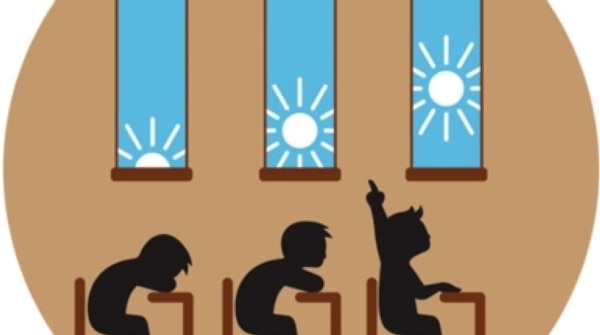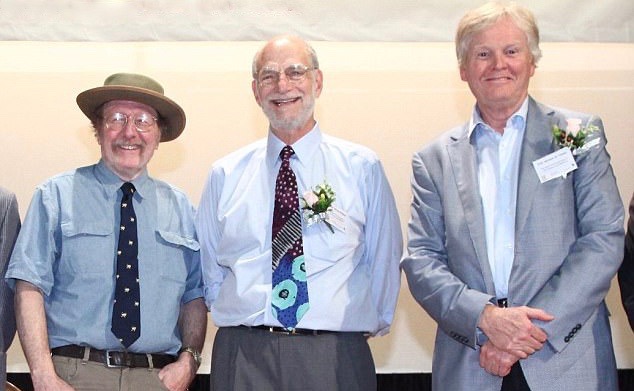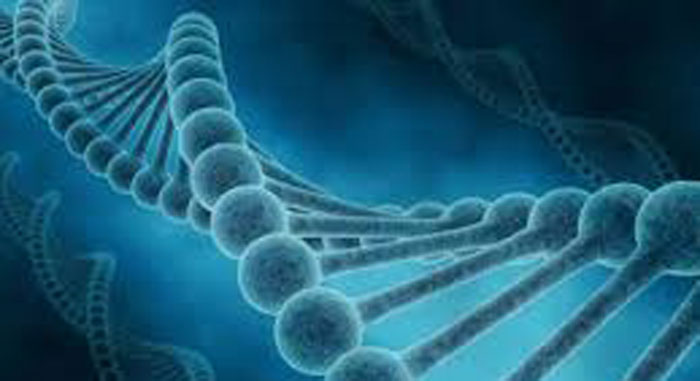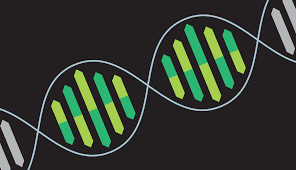The Honorable Edmund G. Brown Jr. Governor, State of California State Capitol, First Floor Sacramento, CA 95814 RE: Senate Bill 328 – Request for Signature Dear Governor Brown: Please sign into law Senate Bill 328, a public health measure ensuring the health and safety of California adolescents. It would require the school day for middle schools and high schools to begin no earlier than 8:30 am by July 1, 2021. Frustrated by early school start…
More
My Letter to Governor Jerry Brown Regarding SB 328 For Later School Start Times
September 19, 2018







